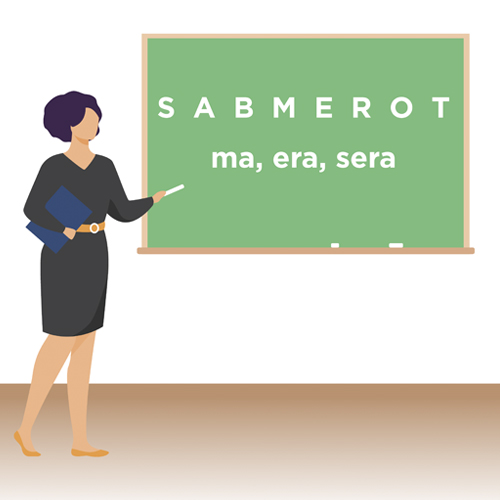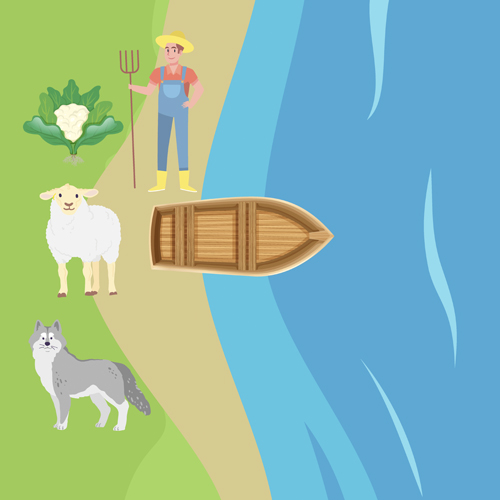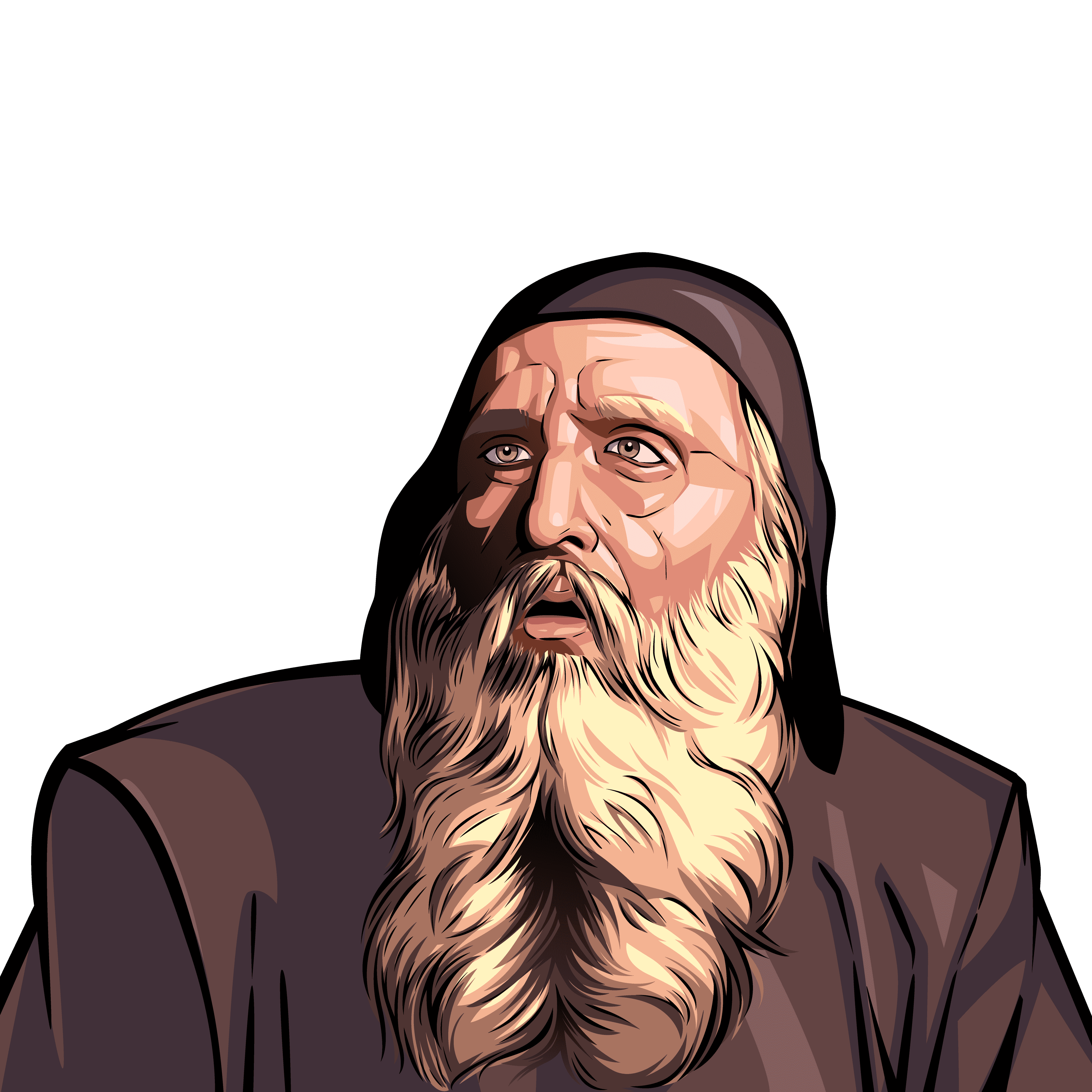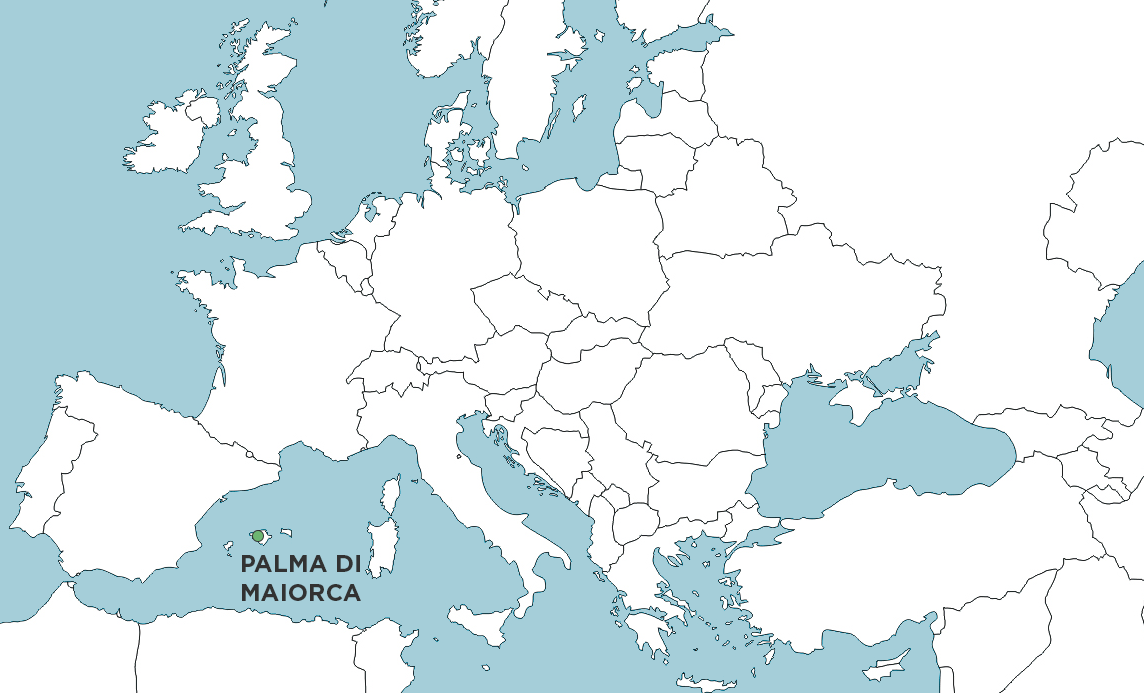







Ramon Llull
 Raimondo Lullo è stato uno scrittore, teologo e logico spagnolo. Ha viaggiato in gran parte dell’Europa, anche per divulgare le sue idee e la sua dottrina. Nella sua opera Ars Magna espone un metodo di ragionamento e di classificazione del sapere; i vari concetti sono rappresentato con simboli geometrici o algebrici, in modo da combinarli in tutti i modi possibile. Ci piace pensare che quest'idea, che verrà ripresa nella più nota Ars Combinatoria di Leibniz, precorra indirettamente l'odierna combinatoria.
Raimondo Lullo è stato uno scrittore, teologo e logico spagnolo. Ha viaggiato in gran parte dell’Europa, anche per divulgare le sue idee e la sua dottrina. Nella sua opera Ars Magna espone un metodo di ragionamento e di classificazione del sapere; i vari concetti sono rappresentato con simboli geometrici o algebrici, in modo da combinarli in tutti i modi possibile. Ci piace pensare che quest'idea, che verrà ripresa nella più nota Ars Combinatoria di Leibniz, precorra indirettamente l'odierna combinatoria.
«L'arte di Llull serve a parlare senza giudizio di ciò che in realtà si ignora» Cartesio

